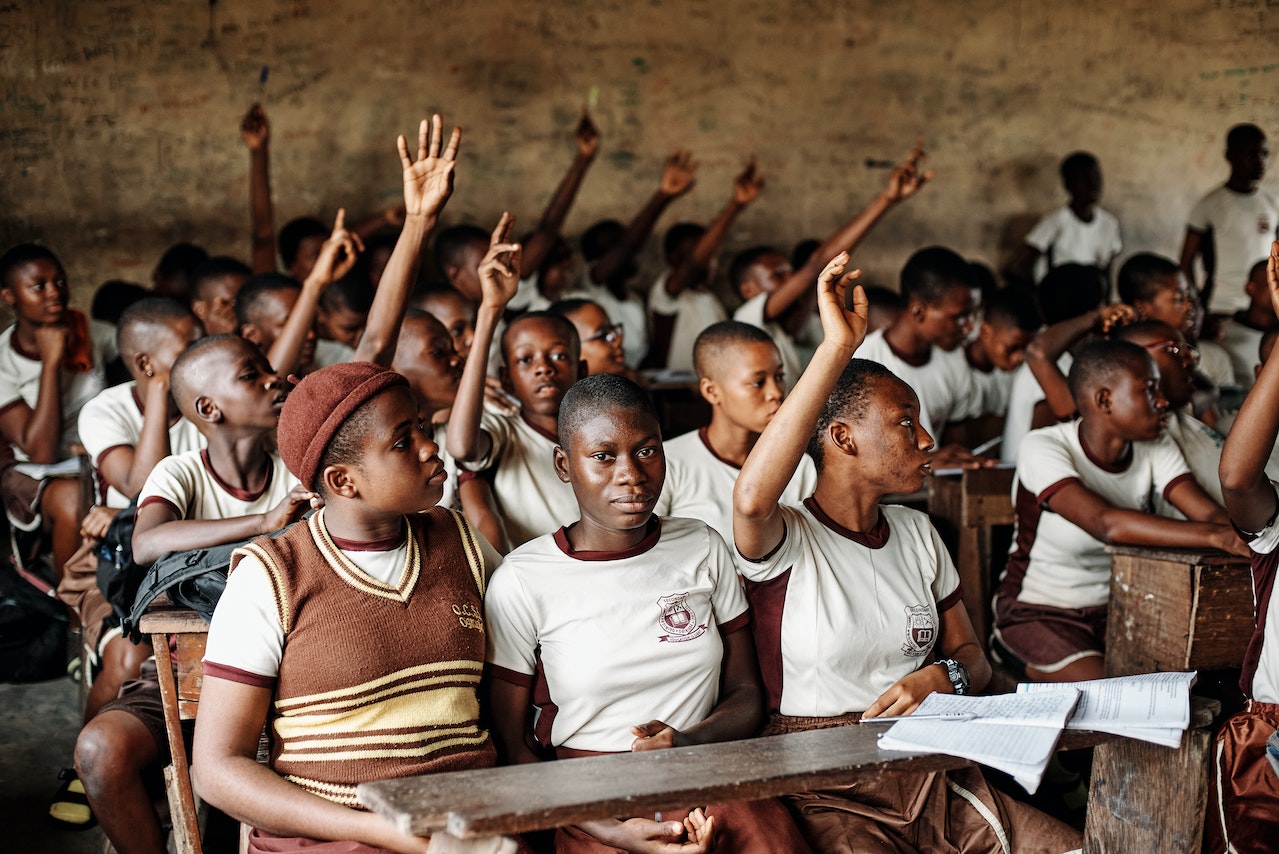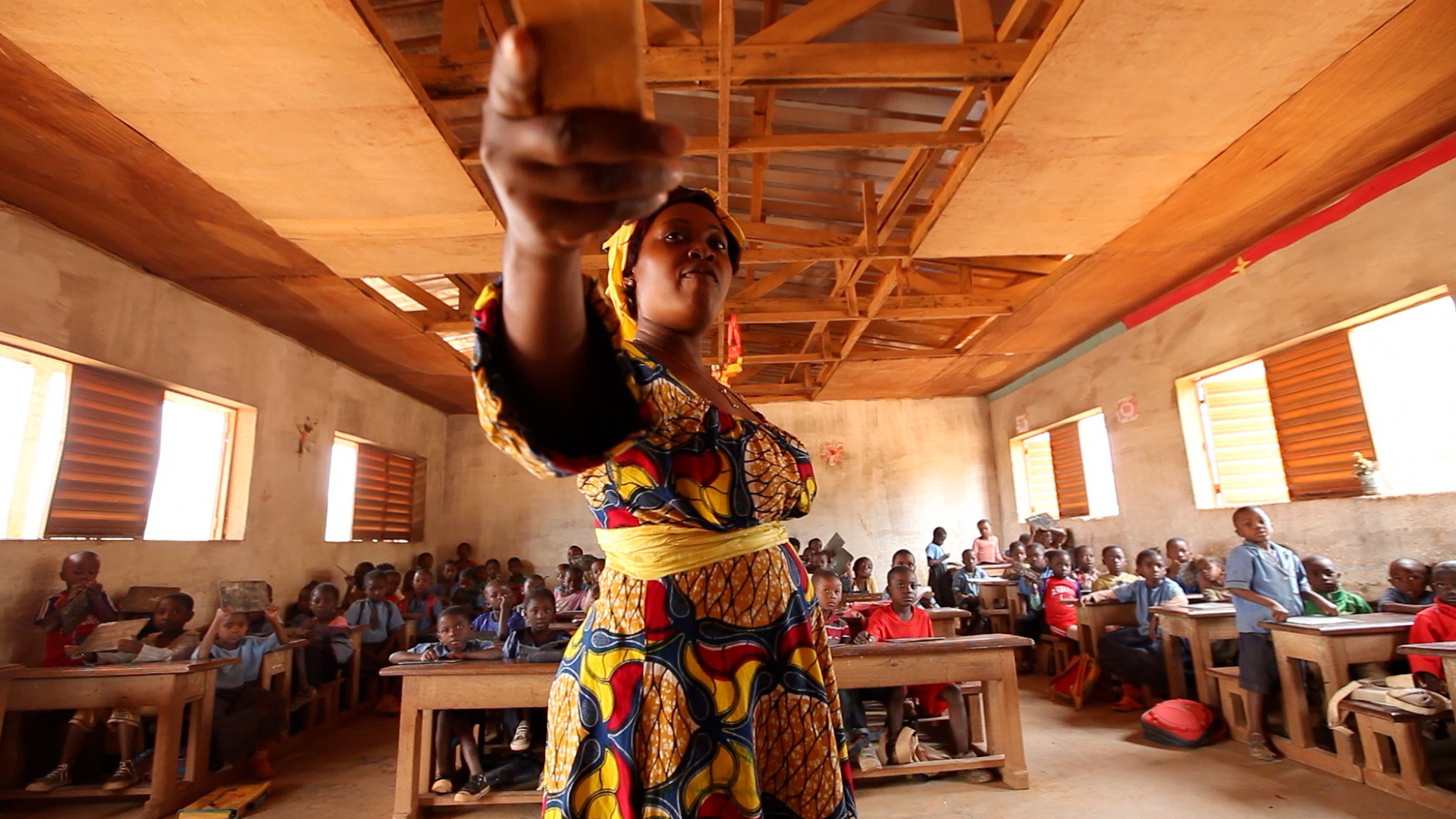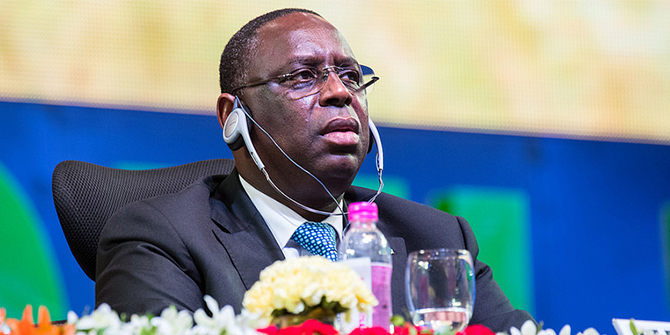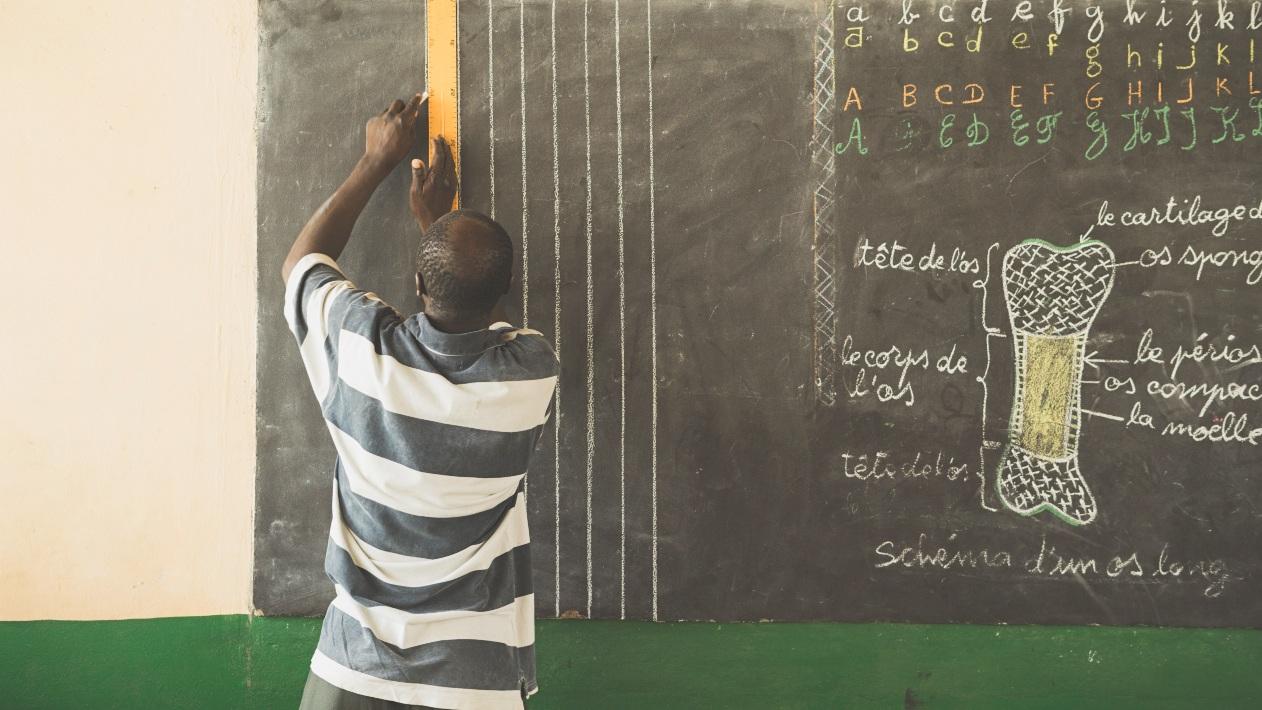The new government of Senegal is promising to refocus local languages, engage local communities and address adult learning, writes James J. Fisher.
Recent elections in Senegal brought in a new government led by President Bassirou Diomaye Faye with Ousmane Sonko as Prime Minister. Faye and Sonko have claimed this new government will bring radical change to Senegal, including moving away from the CFA currency or a more equal distribution of profits from Senegal’s growing energy sector. However, an aspect of their proposals that have received little international attention is its education policies, which includes strong rhetoric about making a break from the past.
A brief history of education in Senegal
Senegal’s education system has been emphasised as a key part of the nation’s future since independence. The first post-independence administration, led by Léopold Sédar Senghor said “the problems of education…are to be at the centre of our concerns.” The percentage of the nation’s GDP earmarked for the formal education sector increased steadily over Senghor’s 20-year presidency. However, due to, amongst other things, structural adjustment programs, the subsequent government spent far less on education over time.
Funding for education increased under Abdoulaye Wade’s presidency who also instituted education reforms that aimed to improve early childhood education and promote the use of e-learning for Senegalese university students.
Macky Sall’s government continued Wade’s legacy of educational reforms and expansion. In 2015, he stated that education had to remain “at the heart of public policies” in Senegal. Between 2018 and 2019 the government invested billions of CFA (franc de la Communauté financière africaine) to expand access to elementary and secondary schools through an ambitious building scheme. Despite these investments, Sall himself noted that the sector had not improved enough, and required more time and investment for the government’s “efficiency of returns” to develop.
Senegal’s education is based on the French colonial system, taught in French, and therefore cut off from local cultures. Senegalese citizens often complain about the overuse of French in schools and government, despite the more frequent use of Wolof and other local languages by people in their day to day lives. The use of French in the education system has continued the disconnection between students’ mother tongues and the language of instruction, which Senegalese governments have yet to resolve.
Faye, Guirassy, and systematic change
Bassirou Diomaye Faye’s new government has positioned itself as a departure from this past. In public statements they have offered a potentially radical new way of governance in Senegal. The government has recently appointed Moustapha Guirassy, the former Mayor of Kédougou, as Senegal’s Minister of National Education. This appointment indicates the potential for a drastic change in Senegal’s educational governance.
Guirassy, in his first speech after his appointment, stated that he plans a “systematic transformation” of education, in order to move from an “education system to an educational society.” Faye’s own inaugural speech highlighted the need for “systematic change” in Senegal. Guirassy’s and Faye’s statements indicate how the government is positioning itself in the education sector, as it begins to depart from the frameworks used by previous governments.
A key aspect of Guirassy’s statements thus far indicate a desire to expand the involvement of the community in education: “Our communities have ceded to school all the dignity…we must regain this dignity…so that these communities are also places of fertilising knowledge.”
A potential model for this is Wade’s ongoing “La case des tout-petits” initiative, which involves a partnership between the government and local community to build, maintain, and staff “les cases” (‘huts’) in which young children are educated, receive medical screenings, and are given nutritional meals. The program included community volunteers who took part in the education initiatives and maintenance, while the government built the ‘huts’ and provided other staff. By expanding such a model, Faye’s government could further integrate local stakeholders into the education system and encourage communities as “places of fertilising knowledge.”
Local languages and cultures
In his election platform, Faye stated that his government would utilise “national languages in the education and training system…and [as] the medium of instruction.” He also pointed to his support for the promotion of Senegalese cultures. Guirassy has likewise stated that there is a need to utilise local solutions to the education system’s needs, saying the government “must fight for an endogenisation of the system.”
Through an increase in language training for educators and the use of local languages throughout the education system, Faye’s government seeks to depart from one major aspect of the colonial framework that has been a part of Senegal’s education since independence.
Guirassy has also made it clear that the government’s education initiatives will attempt to fill gaps left in the formal education sector. At an inter-ministerial panel in April 2024, he explained that the government would be creating additional structures to encourage training accompanied by “a strategy of diversification of sectors to adapt [current vocational centres] to the national potential.” This would help address gaps in adult education, as well as unemployment issues. The expansion of education outside of the formal classroom is an important contribution the government can make towards democracy promotion.
However, his government has had one glaring discrepancy. Since his election Faye’s government has sidelined women in appointments to decision-making positions and has eliminated the Ministry of Women. Likewise, women face a disproportionately difficult time accessing education, especially secondary school.
Faye’s government, through the appointment of Guirassy and statements made thus far, has positioned itself as a break with past governments in the education system. By making statements in support of national language use and integrating communities more closely to the system’s development, it is possible Faye may make strides in distancing Senegal from the colonial model of education. However, these changes to Senegal’s education system must be made in an equal manner to ensure that all Senegalese citizens can access education.
Photo credit: Global Partnership for Education used with permission CC BY-NC-ND 2.0 DEED





